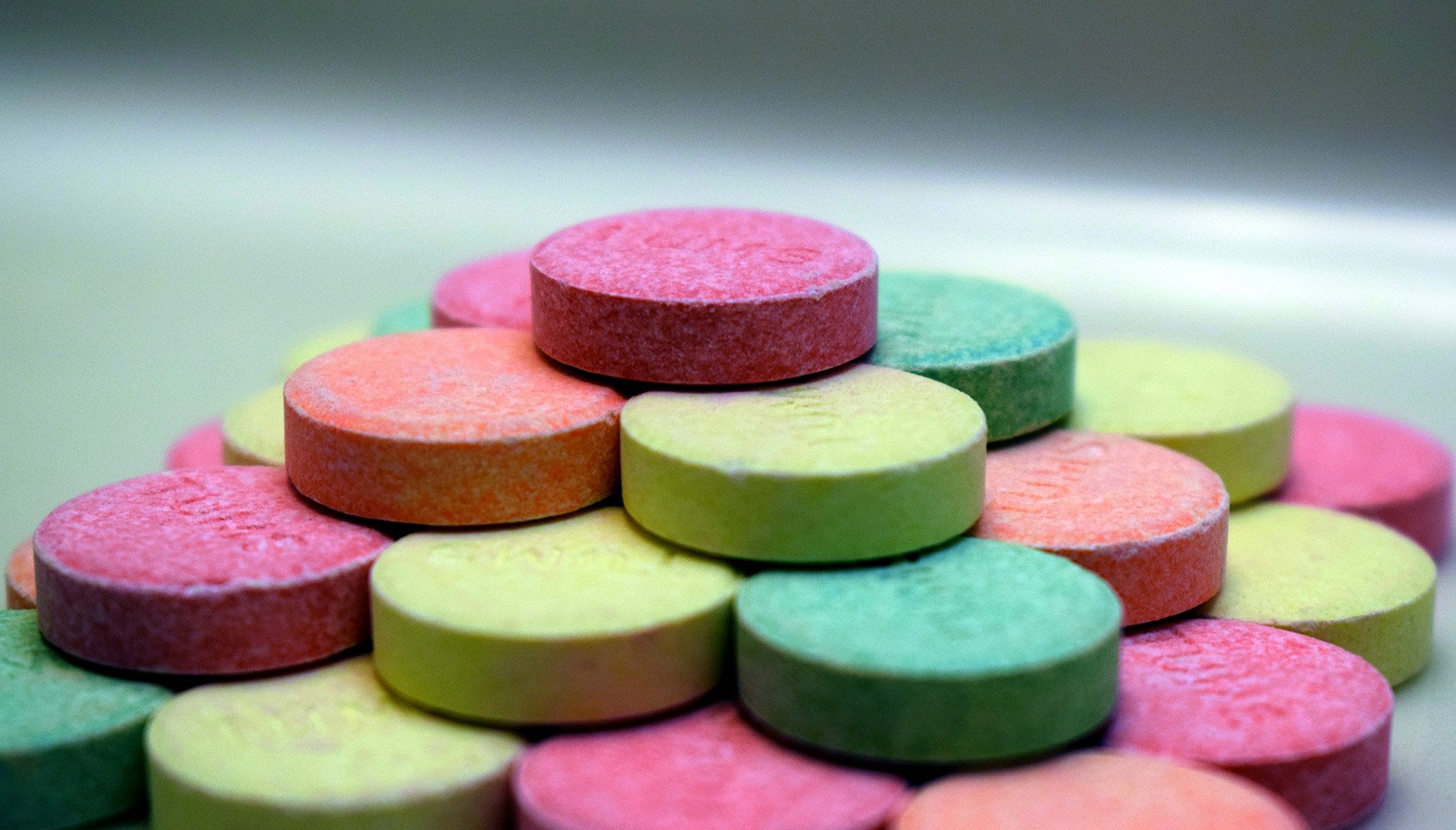
Alcohol, a substance often associated with social and recreational consumption, has a long history of medicinal use dating back thousands of years. While excessive alcohol consumption can lead to a plethora of health issues, it’s important to recognize that alcohol does have some legitimate medical applications. This article aims to provide a detailed overview of the medical uses of alcohol, emphasizing its historical significance, current applications, and potential future developments.
Historical Perspective

The medical use of alcohol can be traced back to ancient civilizations, where it was used as a remedy for various ailments. The ancient Egyptians and Greeks utilized alcohol for its antiseptic properties, applying it to wounds to prevent infection. Additionally, alcohol was used as an analgesic and sedative during surgical procedures in ancient times. These historical applications laid the foundation for the medical uses of alcohol that persist to this day.
Medical Applications

- Disinfection and Antiseptic Properties: Alcohol, primarily in the form of ethanol, is an effective disinfectant and antiseptic. It kills or inhibits the growth of microorganisms, making it a valuable tool for cleaning and disinfecting wounds, medical equipment, and surfaces in healthcare settings. Isopropyl alcohol is commonly used for this purpose due to its potency and low cost.
- Preservative in Pharmaceuticals: Alcohol is used as a preservative in many pharmaceutical products, including liquid medications and vaccines. It helps maintain the stability and sterility of these products, extending their shelf life and ensuring their efficacy.
- Tinctures and Extracts: Alcohol-based tinctures and extracts are used to preserve and extract the active compounds from various medicinal herbs and plants. These tinctures are widely used in herbal medicine for their ability to deliver precise doses of herbal remedies.
- Treatment for Methanol and Ethylene Glycol Poisoning: In cases of methanol or ethylene glycol poisoning, medical-grade ethanol can be administered as an antidote. Ethanol competes with methanol and ethylene glycol for the same enzymes in the liver, slowing down their conversion into toxic metabolites and allowing the body to excrete them safely.
- Topical Analgesics: Some over-the-counter and prescription topical analgesic products contain alcohol, which can provide pain relief when applied to sore muscles or joints. The cooling effect of alcohol can help alleviate discomfort.
- Oral Rinses: Alcohol-based mouthwashes are used as antiseptic oral rinses to help maintain oral hygiene and reduce the risk of infections, especially after dental procedures.
- Alcohol in Compounded Medications: In compounding pharmacies, alcohol is used as a solvent for various medications to create custom formulations for patients with specific needs. This allows healthcare providers to tailor treatments to individual patients.
Future Developments

The medical applications of alcohol continue to evolve, with ongoing research exploring new possibilities. Some potential future developments include:
- Targeted Drug Delivery: Researchers are investigating ways to use alcohol-based formulations to deliver drugs more effectively to specific areas of the body. This approach could lead to improved treatments for conditions such as cancer, where precise drug delivery is crucial.
- Alcohol-Based Hand Sanitizers: The importance of hand hygiene has been underscored by the COVID-19 pandemic. Alcohol-based hand sanitizers are likely to remain a critical tool in preventing the spread of infectious diseases.
- Controlled Release Medications: Scientists are working on developing alcohol-based controlled-release drug delivery systems, allowing for sustained release of medication over time. This could lead to more convenient dosing regimens and improved patient compliance.
Conclusion
While alcohol is often associated with recreational use and potential health risks, it also has a significant history and ongoing relevance in the field of medicine. From its ancient origins as an antiseptic to its modern-day applications in disinfection, preservation, and drug delivery, alcohol plays a crucial role in healthcare. As research and technology continue to advance, new medical applications of alcohol will likely emerge, further expanding its role in the medical field. However, it’s essential to use alcohol in medical settings with caution, following established guidelines and considering its potential risks and benefits.




